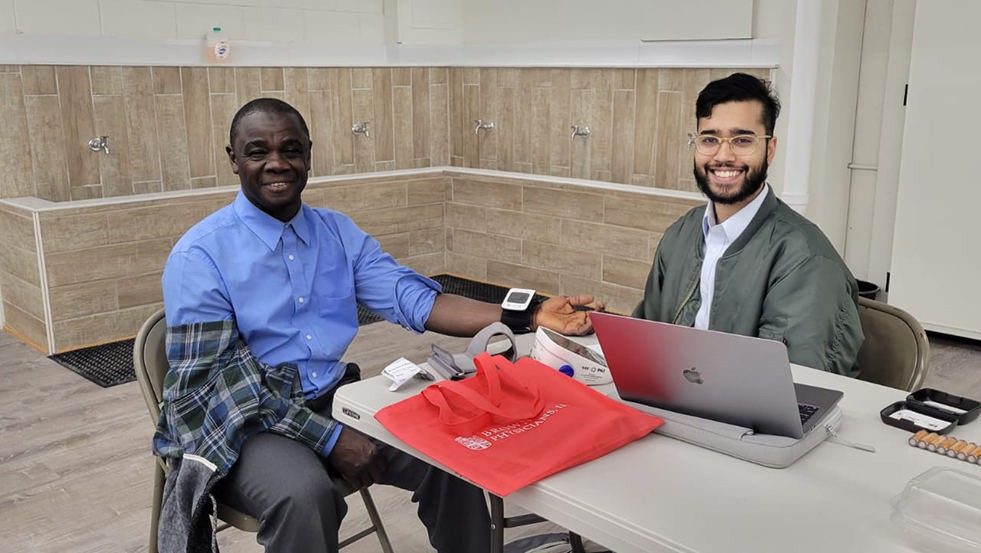
Ramadan, the roughly annual, month-long period of fasting, prayer, and celebration observed by Muslims worldwide, is underway through April 20. Though the fast requires abstaining from food, drink, and oral medications from sunrise to sunset, tens of millions of people with health conditions like diabetes or high blood pressure are able to safely follow the practice.
Islamic law exempts certain individuals from fasting—such as young children, sick patients, and breastfeeding or pregnant people if it could endanger their or their baby’s health—but many choose to do so anyway. By consulting with their physician, they may be able to do so safely, says Bazif Bala ’22 MD’26 ScM’26.
“Fasting is not just a physical experience,” Bala says. “It’s also a very profound spiritual experience. It’s important for mental health.” That’s why, he says, physicians caring for Muslim patients should try to understand the significance of Ramadan and, rather than tell a patient, “don’t fast,” work with them to manage their condition during the holy month.
Surveys have found that approximately 80 percent of Muslims in the US fast, including 80 percent of those with diabetes. “Obviously, a lot of people are figuring out how to make it work,” he says.
Bala was one of several Brown medical students, residents, and faculty who gave local presentations about fasting and health prior to Ramadan. Assistant Professor of Medicine Ibrahim Yusuf Abubeker RES’22, MD, helped to organize the first-ever series of talks: a preclinic conference for internal medicine residents at three sites; and two community outreach events, at Dorcas International Institute of Rhode Island, for local refugees; and at Masjid Al-Kareem, the Islamic Center of Rhode Island.
Read the rest of the story on the Medicine@Brown site.